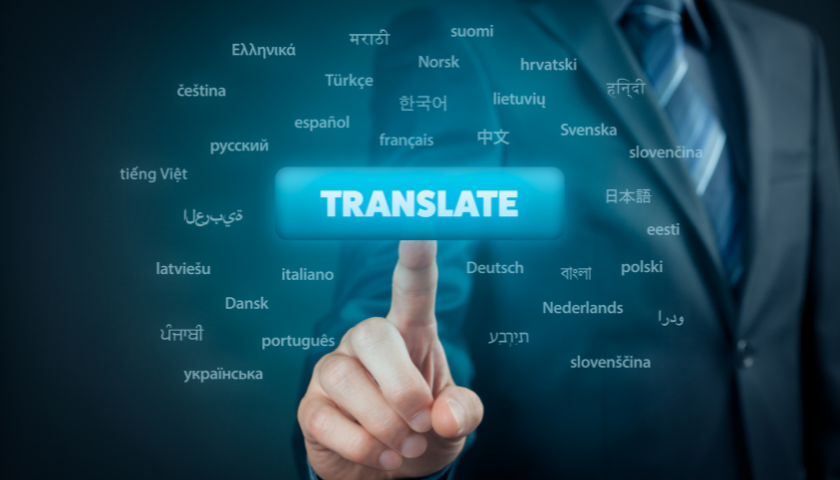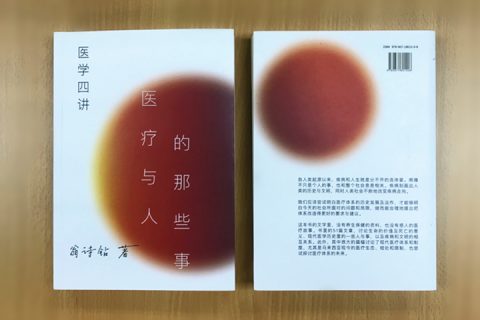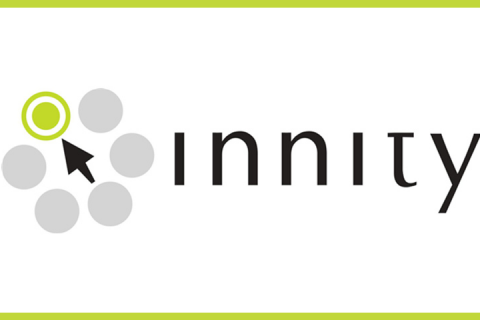by The JADE
Translation serves as a pivotal element in cross-cultural communication, bearing undeniable significance for businesses. Companies need to be promoted in multilingual, and website content should also be translated into different languages, to effectively amplify the reach of their brand and expand their consumer base. These benefits of translation are widely acknowledged within the business community.
With the rapid progress of artificial intelligence technologies, translation tools like ChatGPT have shown significant advancements in a short period. Some businesses, institutions, and organizations even perceive that depending exclusively on these tools for translation is acceptable.
Can ChatGPT truly replace human translators?
Cultural and contextual understanding in translation
Language goes beyond being a mere assembly of vocabulary and grammatical rules. It also carries a rich cultural, historical, and societal context. Professional translators not only comprehend the complexities of language but also hold a deep understanding of subtle distinctions among diverse cultures. Professional translators skillfully convey information while preserving the context and emotions of the original text to the best extent possible. In contrast, AI translation tools may miss certain cultural nuances and, in some instances, misinterpret cultural and contextual elements, leading to translations that diverge from the essence of the original text.
Culturally sensitive high-quality translation
Since 2019, through collaboration with an advertising agency, we (The JADE) has been translating tourism information articles for Taiwan Tourism Bureau. We translate English content into Malay and Indonesian languages. As an experienced translation team, we understand that the targeted audience for this content is fellow Muslims. Therefore, during the translation process, we meticulously handle cultural taboos for the Muslim community.
For instance, if the original text mentions non-halal food or Chinese temples, we promptly express our concerns to the client. This ensures the translated content not only fits cultural and religious needs but also resonates well with the audience. Understanding culture deeply and deliberating with the client are crucial aspects in our translation work.
These considerations go beyond the linguistic aspects and involve complex factors of culture, religion, and societal backgrounds. At present, AI translation tools cannot fully and appropriately handle these nuances to achieve the optimal translation results.
Considerations for film subtitles in light of national contexts
Nowadays, films are no longer confined to specific ethnic or language groups. Films overcome language barriers through subtitles. In Malaysia, the Film Censorship Board (Lembaga Penapis Filem – LPF) imposes restrictions on movie subtitles, particularly concerning vulgar language, due to cultural and religious aspects in the national context.
In our vast experience in film subtitle translation, we’ve observed the prevalence of vulgar words in Western films, such as “Fuck” and “Asshole.” As professional film subtitle translators, we understand the need for extra caution in this regard to comply with relevant censorship and regulations. Therefore, we steadfastly refrain from directly translating these vulgarities to avoid violating laws and societal norms.
For instance, when encountering the term “Fuck,” we opt for more refined expressions, such as translating it to “妈的(Ma de)” in Chinese or using “Tak guna” in Malay. This translation strategy not only ensures cultural adaptability in subtitles but also mitigates potential censorship issues. Therefore, the audiences can enjoy films within appropriate cultural and regulatory frameworks.
This cautious and culturally sensitive translation approach is consistently practiced in our film subtitle translations.
Comprehensive Cultural Works
The JADE has encountered another highly challenging field in translation, particularly with cultural and historical books, such as translating Chinese books like “The art of Chinese tea” and “Zheng He’s seven voyages to the West” into Malay. These books encompass extensive and profound historical and cultural content that must not be taken lightly.
Firstly, there was a book on the art of Chinese tea. Even for a single term related to tea utensils and brewing techniques, The JADE’s translation team spent a lot of time in researching various sources, including online materials, dictionaries, books and other literature. We meticulously review and deliberate multiple times to ensure that the chosen translated terms are both accurate and easily comprehensible by the audience.
Then, in a historical book titled “Zheng He’s seven voyages to the West,” which involves numerous historical events and the corresponding years, the translation process required thorough verification. We meticulously cross-referenced to ensure that the years and events mentioned in the book aligned with our research. This verification practice is currently beyond the capabilities of translation tools.
These cases represent the practical experience of The JADE’s translation team, highlighting our rigorous, solid and professional approach when dealing with content in the cultural field. We are not only committed to delivering high-quality and precise translations, but also adhere to the principle of using translation to foster cross-cultural understanding and communication.
Effective professional translation requires the integration of various skills, including language proficiency, cross-cultural understanding, verification methods, and more. If you need a professional translation partner, please feel free to contact us.

 The professional competence and attitude beyond the reach of AI translation.
The professional competence and attitude beyond the reach of AI translation.Limitations of AI Translation Tools ≫



